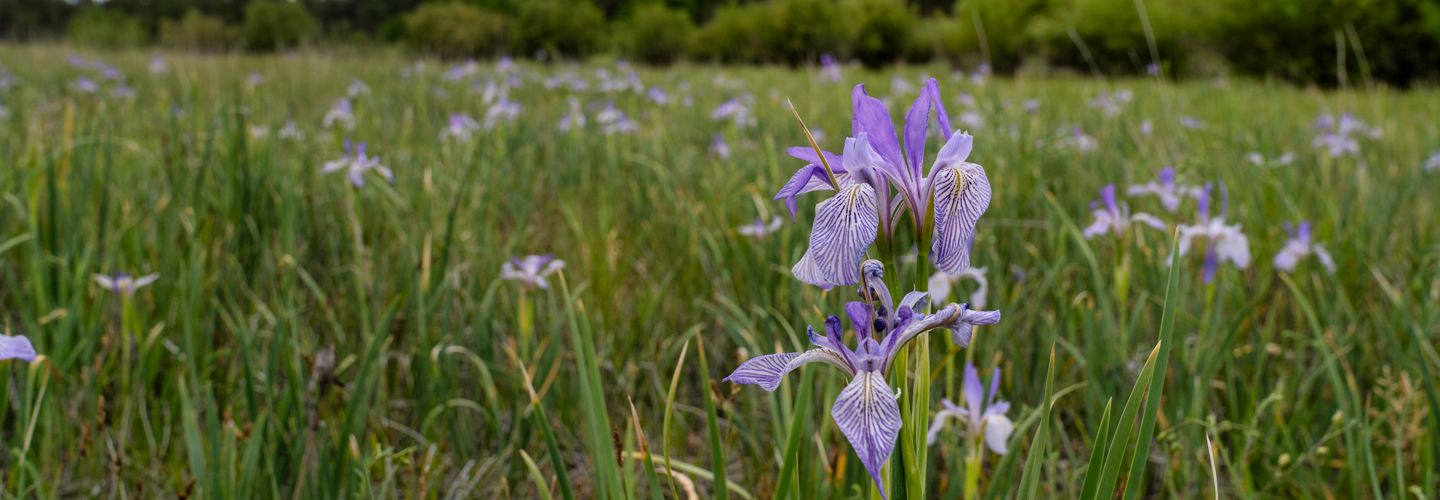What is a land trust?
When people first learn about the Deschutes Land Trust, they usually have lots of questions for us. What is a land trust? Are you a governmental organization? What makes you different from the National Forest? Are all of your protected lands open to the public?
We hear you! Here is a guide to general land trust information, plus specific details about the Deschutes Land Trust. By the end of this guide, I hope you’ll be land trust experts!
Land Trust Background
Land trusts are nonprofit organizations that work cooperatively with landowners towards private, voluntary land conservation. There are approximately 1,200 land trusts in the United States, each geared towards their community’s needs. Land trusts use a variety of methods to conserve land, one of which is a conservation easement. A conservation easement is a voluntary legal agreement between a land trust and a property owner that limits future industrial, commercial, or residential development on the land in order to protect its conservation values. Conservation easements are tied to the land, so not only is the original owner subject to the easement, but all future owners are also subject to the easement.
In general, there are three things that set land trusts apart from public lands:
- Protected Forever. Lands are protected in perpetuity through conservation easements. In Oregon, the laws concerning conservation easements are State Statutes 271.715-271.795.
- Private Land. Lands are privately owned, but may be open to the public.
- Natural Habitat. Lands trusts tend to prioritize providing key habitat for plants and animals. In addition, land trusts are not governed by the Multiple Use Sustained Yield Act.
According to federal law, land can be conserved through conservation easements for at least one of four reasons:
- Protection of open space (including farmland) for significant public benefit
- Protection of relatively natural habitat for fish, wildlife, or plants
- Protection of lands for education or outdoor recreation for the general public
- Preservation of historically important land or a certified historical structure
Once a conservation easement has been created, the land trust is responsible for monitoring the lands in accordance with the terms of the easement. Land trusts can be accredited by the Land Trust Alliance, a national association for land trusts.
The Deschutes Land Trust in Particular
The Deschutes Land Trust is Central Oregon’s only locally-based and nationally-accredited land trust. Not only do we conserve land through conservation easements, but we also own and manage Community Preserves. Each Community Preserve has its own management plan, which is why some of our preserves are open to the public, while others are only open to those taking a guided Land Trust tour. We work with landowners, farmers, and ranchers on conservation easements. We also work and partner with local, state, and federal land and wildlife management agencies. In addition, we work with other key stakeholders, such as Portland General Electric, the Confederated Tribes of Warm Springs, and the Deschutes River Conservancy.
Community Preserves that are open to the public:
Camp Polk Meadow Preserve
Indian Ford Meadows Preserve
Metolius Preserve
Whychus Canyon Preserve
Community Preserves that are only accessible to the public on guided Land Trust tours:
Aspen Hollow Preserve
Metolius River Preserve
Ochoco Preserve
Priday Ranch
Thomas Preserve
Willow Springs Preserve
Conservation Easements (may be accessible on Land Trust guided tours with permission from landowner):
Aspen Valley Ranch
Coffer Ranch (also known as Bella Ranch)
Rimrock Ranch
Spring Creek
Trout Creek Conservation Area
A note on Alder Springs: The Land Trust initiated negotiations and partnered with The Trust for Public Land to conserve Alder Springs. Alder Springs is now owned and managed by the Crooked River National Grassland. It is open to the public April 1 – Nov 30.
As you can see, there are a variety of ways the Deschutes Land Trust manages its protected lands. Our website includes information on each property, including the conservation values that are found within the property.
Still have questions? Please feel free to email us at info@deschuteslandtrust.org.

